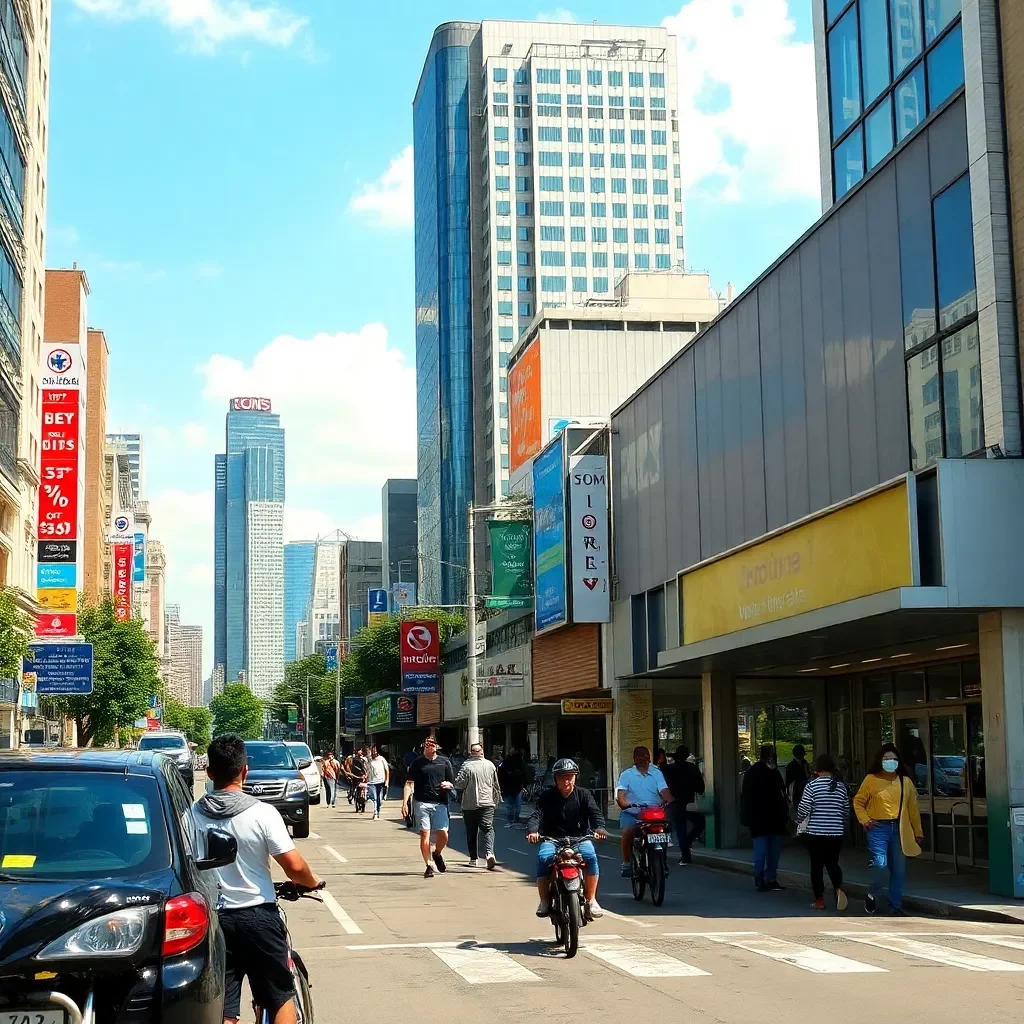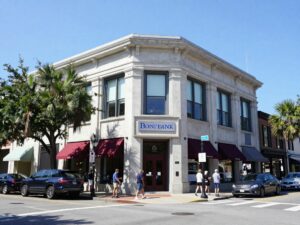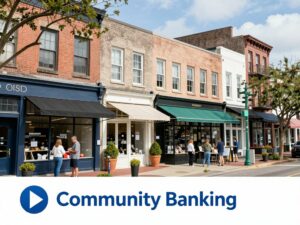Phoenix, Arizona – In a recent survey conducted by the Arizona State University, over 70% of respondents reported feeling stressed about the rising cost of living in the state. The survey indicates that many residents are struggling to keep up with expenses related to housing, food, and transportation. This highlights a growing concern among citizens as inflation continues to affect everyday life.
The survey, which involved more than 1,000 participants aged 18 and older, was released on May 20, 2025. It revealed that nearly 45% of respondents have made significant lifestyle changes, including cutting back on discretionary spending, delaying major purchases, or seeking additional sources of income to cope with the increased financial burden. The findings underscore a shift in consumer behavior as individuals prioritize their essential needs amidst tightening budgets.
Among the various demographics surveyed, younger adults, particularly those aged 18-34, expressed heightened concerns regarding job stability and the impact of inflation on their long-term financial health. This group reported that nearly 60% had considered moving to other states with lower living costs, indicating a growing trend of relocation driven largely by economic factors.
Additionally, the survey highlighted a stark rise in food insecurity, with close to 25% of respondents indicating that they had skipped meals or reduced portion sizes in the past month due to financial constraints. This concerning trend is further exacerbated by the ongoing impact of supply chain disruptions that have affected food prices nationwide.
Economic Factors Impacting Phoenix Residents
The recent economic trends in Phoenix are reflective of broader national patterns. Since the onset of the COVID-19 pandemic, many cities across the United States have experienced similar spikes in cost of living and inflation rates. In Phoenix, the consumer price index has risen approximately 6% over the past year alone, with experts attributing this increase to factors such as supply chain issues, labor shortages, and heightened demand for goods.
Housing costs, in particular, have peaked significantly in the Phoenix market. The median price for homes has surged by nearly 15%, leading potential buyers to either delay home purchases or consider renting instead. The rental market has also seen a rise in prices, with average monthly rents increasing by about 12% since last year. These trends are raising alarms among housing advocates who are calling for more affordable housing initiatives to meet the growing demand.
Community Responses and Future Outlook
In response to the mounting challenges faced by residents, local community organizations have ramped up efforts to provide assistance. Food banks, financial counseling services, and job training programs are expanding to help those in need. City officials are also exploring initiatives aimed at stabilizing housing prices and supporting low-income families.
Looking ahead, the overall economic outlook remains uncertain. Experts suggest that unless inflation trends begin to stabilize, residents may continue to face significant financial pressures. Additionally, as some residents consider relocating to more affordable regions, the demographic landscape of Phoenix could undergo changes as the city adjusts to these emerging economic conditions.
As the situation develops, stakeholders across both public and private sectors are expected to monitor trends continually while adjusting their strategies to support a resilient community in the face of economic adversity.

Author: STAFF HERE CHARLESTON
The CHARLESTON STAFF WRITER represents the experienced team at HEREcharleston.com, your go-to source for actionable local news and information in Charleston, Charleston County, and beyond. Specializing in "news you can use," we cover essential topics like product reviews for personal and business needs, local business directories, politics, real estate trends, neighborhood insights, and state news affecting the area—with deep expertise drawn from years of dedicated reporting and strong community input, including local press releases and business updates. We deliver top reporting on high-value events such as the Spoleto Festival USA, Charleston Wine + Food Festival, and the MOJA Festival. Our coverage extends to key organizations like the Charleston Metro Chamber of Commerce and the Charleston Museum, plus leading businesses in tourism and maritime industries that power the local economy such as South Carolina Ports Authority and the Charleston Visitor Center. As part of the broader HERE network, including HEREaiken.com, HEREbeaufort.com, HEREchapin.com, HEREcharleston.com, HEREclinton.com, HEREcolumbia.com, HEREgeorgetown.com, HEREgreenwood.com, HEREgreenville.com, HEREhiltonhead.com, HEREirmo.com, HEREmyrtlebeach.com, HEREnewberry.com, HERErockhill.com, HEREspartanburg.com, HEREaustin.com, HEREcollegestation.com, HEREdallas.com, HEREhouston.com, and HEREsanantonio.com, we provide comprehensive, credible insights into South Carolina's dynamic landscape.










